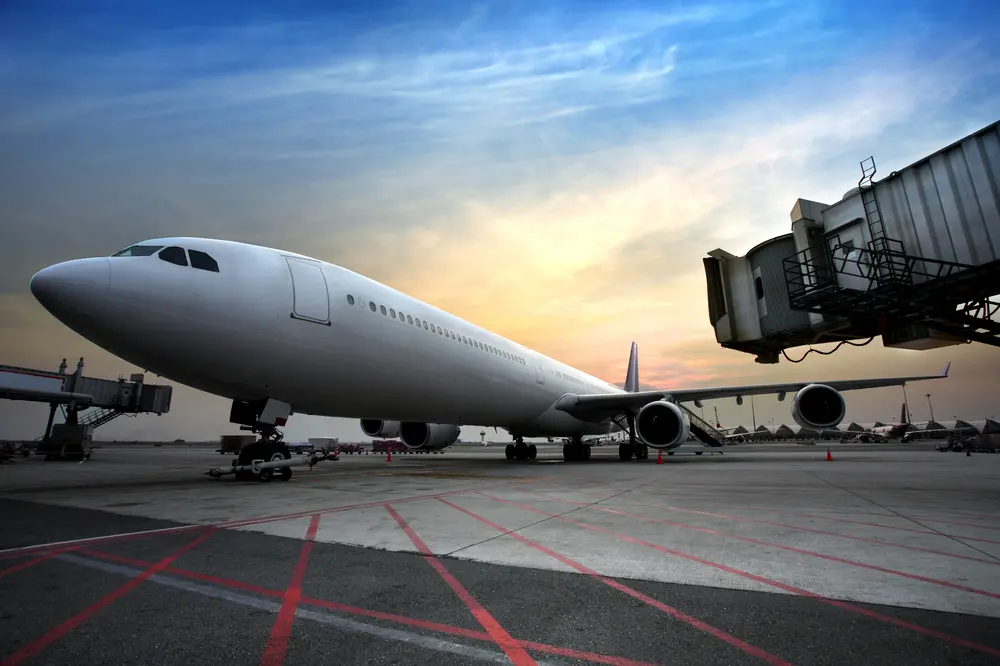PHOTO
By Vinod Nair
MUSCAT: Despite IATA reporting a growth of year-over-year in the air passenger, travel agencies in Oman report a drop in fares and also passenger traffic. According to executives, the drop in air travel should be attributed to the economic situation and austerity measures imposed at individual, corporate and government levels. Air travellers have been also benefited from the introduction of several Asia-bound airlines from Muscat this year like Indigo, Air Asia and Regent Airlines to cities like Kochi, Bangkok and Dhaka.
“Air fares have dropped by as much as 25 per cent this year from Oman primarily due to the poor load factor. Business travel has been affected due to austerity measures imposed by companies though leisure travel has not affected as bad as expected or as business travel. Leisure travel, which managed to hold on due to low fares, has started bearing the brunt of low consumer confidence across the sectors. Things may get better due to upcoming festive and holiday seasons,” Riyaz Kuttery, COO, Mezoon Travel. “We can say there has been a drop of around 25 per cent in ticket fares and around same percentage in the number of passengers opting for non-essential outbound air travel from Muscat,” said Hameed Moideen, Manager, Oman Wings.
He added that even the number of executives embarking on business trips has come down in the recent months. One-way tickets to countries like Thailand and Malaysia have dropped with the introduction of a low-cost airline. One-way fare to the south Indian city of Kochi now starts from as low as RO 60 on a full-service airline, nearly half compared to previous years. This has been also attributed to an Indian low-cost airline starting operations to Kochi this summer. Tickets to Bangkok are available for RO 120 (round-trip) for the coming days. “We expect the situation to pick up by the end of the Q1 2017, but still keeping fingers crossed.
The economic uncertainty has to ease and austerity measures need to be relaxed, which will boost consumer confidence,” said a top regional official of a leading airline on condition of anonymity. “We can expect the situation to pick up during the winter holidays but still it won’t be the same as it was a couple of years ago,” said Manoj, a sales executive of a travel company. Agents said the average fares to the West have dropped as passengers travelling on official trips declined drastically. Meanwhile, demand for air passenger travel among Middle East airlines rose 10.3 per cent in August, latest figures from the International Air Transport Association (IATA) show.
The Middle East region recorded the strongest growth globally, according to IATA’s August global passenger traffic data. Worldwide growth averaged out at 4.6 per cent. However, a 13.7-per cent increase in passenger capacity at Middle East airlines drove the load factor — or percentage of seats filled — down 2.5 percentage points to 81.2 per cent. Global capacity rose 5.8 per cent, while load factor dropped 0.9 percentage points to 83.8 per cent.
© Oman Daily Observer 2016





















